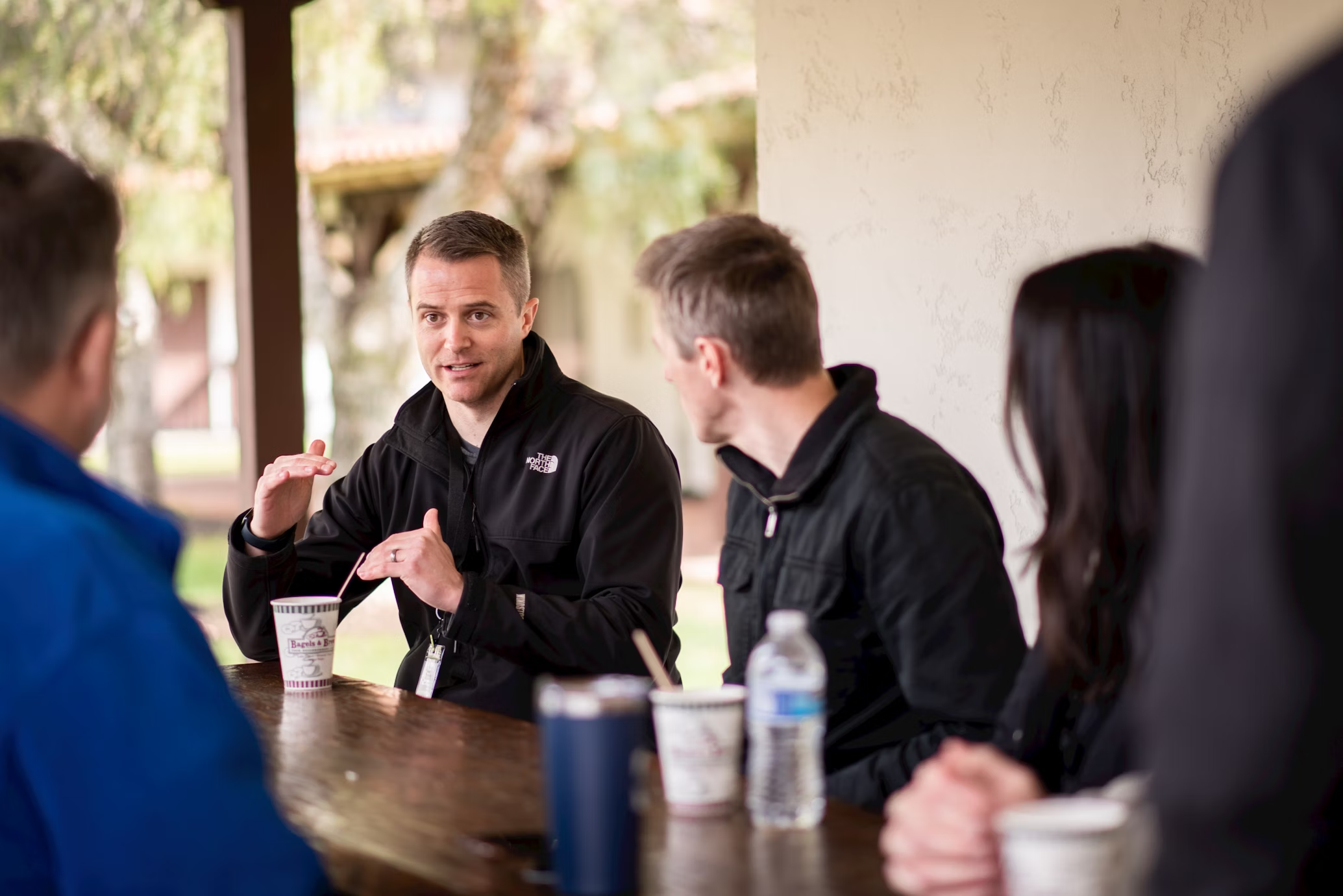
No book has influenced our EveryEthne team more profoundly than Gaining by Losing by J.D. Greear, a unique perspective on church growth and mission.
This book, which we have distributed and received feedback on more than any other, is particularly relevant to the roles of pastors and church leaders. Over the past 8 years of working with EveryEthne, I found this book to be the one resource that speaks to what we desire for pastors and churches in North America. It can be summarized in this one statement from the introduction:
“Jesus’ measure of the church is not seating capacity, but sending capacity” (16).
When I was pastoring, I was almost always involved in growing churches. Each year, as we tracked our attendance, we would see a small or medium-sized increase. I’m ashamed to say that I never thought about sending people. It was about growing our church. And I think that’s the mentality of most pastors.
What I would do differently if I were sitting in the pastoral chair again is to develop strategies, many found in this book, to raise up leaders and send them out.
To be a sending church and increase your sending capacity, Greear argues that you must be intentional in showing all your people that they are part of God’s mission. He says,
“Without the mission, a church is not a church; it’s just a group of disobedient Christians hanging out” (38).
Truth. At some point, our churches have taken a left turn and have forgotten that Jesus sends all His followers to be part of the Great Commission. I was talking to a pastor the other day, and he questioned whether a person is a Christian if they are not part of the Great Commission in some way. Maybe. That’s a strong stance, but I appreciate it.
The bulk of the book summarizes the ten plumb lines (think, North Star) that keep their ministries anchored and moving in the right direction. Here they are with a few comments on some of them.
#1: The Gospel is not just the diving board, it is the pool.
#2: Everyone is called.
I love this one. I can’t talk about it enough. Through the MyCircle Training our team offers for churches, I usually say something like this: “What Christ wants to do through First Baptist Church in your community, He wants to do through all the followers of Christ at First Baptist Church.” The point . . . everyone is called.
#3: The week is as important as the weekend.
#4: The Church is not a group of people gathered around a leader but a leadership factory.
This is so critical. Most churches I get to work with assume that leadership development happens. They don’t have a strategy or plan to make it happen. Greear says,
“Do you have a clear process for identifying and training up new leaders in your church, and for helping ordinary congregation members generate good ideas?” (111).
#5: The church makes visible the invisible Christ.
#6: The point in everything is to make disciples.
#7: Every pastor is our missions pastor.
#8: We seek to live multicultural lives, not just host multicultural events.
This is one of the goals of EveryEthne. Not every church is planted in a multicultural area. But if it is, what would it look like for that church to be invested in multicultural ministry? This one quote has stuck with me since I first read it. Ready?
“Many majority culture believers say they want a multicultural church, but when you get down to it, they really don’t. They want a group of people of different races coming together to worship in their style. You might say they want a multicolored church, not a multicultural one. ‘Do you want to know how you know you are in a multicultural church?’ a friend of mine asks. ‘Frequently you feel uncomfortable.’ If you’re not feeling uncomfortable, he says, chances are you are in a church still dominated by your own cultural preferences” (168).
I’ll just let that sit there. Maybe read it again.
#9: Risk is right.
#10: When you’re sick of saying it, they’ve just heard it.
His point in this last one is to keep saying it repeatedly. To drip a culture, you must say it often, even when you are tired of saying it. You must have multiple people saying it. When you are tired of it, say it again.
I’ll never forget when my oldest son was 18 and about to graduate. A friend asked me, “How does it feel as you think about your son leaving for college soon?” My honest answer was that I was sick to my stomach and nauseous thinking about it. I was not ready for him to leave, and at the same time, I knew that if he didn’t leave at some point, I’d have to kick him out.
Why? From the time that our kids are born, we raise them up to send them out. That’s what parenting is all about. That is the strategy.
And yet, for pastors, too often, we raise people up to hold them in. We have a different standard for our spiritual children than our physical children. That needs to change.
The summer is almost over. If you are looking for one last book to help shape your fall schedule and your ministry plan for 2025, read this book. I believe in it so much that I have five free copies to give to the first five pastors who contact us at info@everyethne.org.



